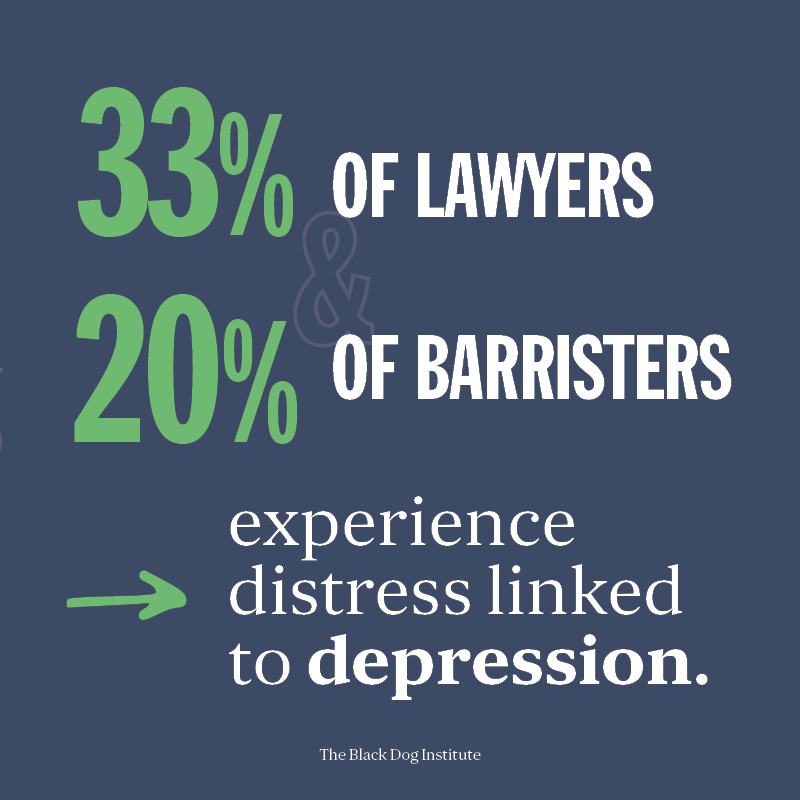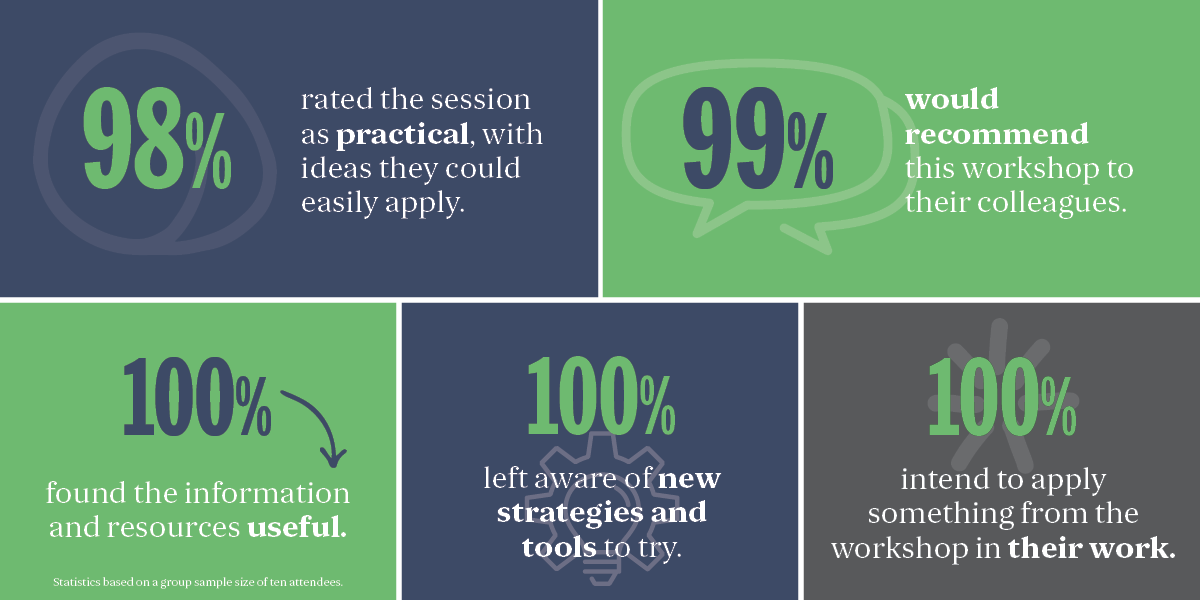Supporting your legal team through trauma-informed practices
What Trauma Looks Like in Legal Practice
A client recounting a traumatic incident
During witness preparation or testimony, a client may relive traumatic experiences such as family and domestic violence, assault, or abuse. Lawyers must actively listen to clients while managing their own emotional responses.
Burnout handling heavy caseloads
Junior lawyers and paralegals working on emotionally charged cases (e.g. child protection) may experience exhaustion, insomnia, or emotional detachment due to prolonged exposure to distressing content.
Helplessness in pro bono or human rights work
Lawyers working in underfunded or humanitarian areas may feel helpless or frustrated when unable to secure fair or timely outcomes for vulnerable clients, often carrying the weight of these cases long after work hours.
Vicarious trauma in personal injury law
Personal injury lawyers often hear graphic accounts of accidents, medical negligence, and life-changing injuries. Absorbing these stories over time can lead to secondary trauma, affecting their mental health and emotional resilience.

Understanding the impact of trauma
Personal injury lawyers regularly work with clients experiencing significant trauma, financial stress, and uncertainty about their futures, with many facing the difficult reality of being unable to return to previous employment.
Mental Health in the legal profession
Statistics according to the Black Dog Institute:
- 33% of lawyers and 20% of barristers experience distress linked to depression. Many do not seek professional help, instead turning to alcohol as a form of self-medication.
- Alcohol abuse is highly prevalent within the legal profession, raising serious concerns for wellbeing and professional conduct.
- The profession faces alarmingly high rates of suicide and suicidal ideation.
- Law students and early-career lawyers are particularly vulnerable to mental health challenges.
- In 80% of disciplinary cases involving lawyers, an underlying mental health condition is present.
Source: The Black Dog Institute.


Garling & Co recognised that providing exceptional legal representation required more than just legal expertise. It necessitated a holistic approach that addresses the emotional dimensions of serious injury cases.
This recognition was the catalyst for Garling & Co to partner with us at Transitioning Well to implement a comprehensive training program for their team, focusing on our specialty in trauma-informed care.
We welcome Garling & Co's innovative approach to integrating wellbeing and trauma-informed care into their award-winning personal injury practice.
We value our team and supporting them with tools in this stressful environment is important. Our clients are seriously injured and this brings with it significant trauma. If through our training we are able to better support our clients with supportive communication, this works for both our team and our clients and leads to better outcomes for all.
Our Approach
Transitioning Well worked with Garling & Co to develop a holistic approach that enabled their team to develop capability in working with clients and cases with a trauma focused lens. Our partnership focused on implementing an evidence-based solution that focused on needs unique to the team and practice.
Trauma-Informed Practice
- Understanding compassion fatigue and vicarious trauma
- Risk identification and prevention strategies
- Differentiating between stress, burnout, and vicarious trauma
- Recognising when to seek professional assistance
Emotional Resilience Training
- Distinguishing between empathy and compassion
- Techniques to shift from empathy to compassion to protect mental health
- Development of self-management tools, including self-care, support networks and active coping skills
Navigating Emotional Conversations
- Development of best practices for handling challenging conversations
- Techniques for identifying psychological vulnerability in clients
- Methods to ensure client safety and wellbeing throughout the legal process
It's great to see corporate partners investing in their teams and clients to support their wellbeing. This proactive approach is for the betterment of all and leads to a better work and client experience.
Outcomes and Impact

Prevention-Led
Our work with Garling & Co has demonstrated that it is possible to create a legal practice where both clients and professionals can thrive even in emotionally challenging cases. With our prevention-led approach, we offered tools and education to facilitate systemic change. To achieve this, our program concentrated on the following key areas:
✓ Enhanced Client Experience
We know that clients who feel understood and supported are more likely to engage effectively in their legal matters. Our program provided tools needed to manage trauma-informed conversations and navigate challenging situations.
✓ Legal Team Confidence
We increased awareness and upskilled legal professionals to better understand trauma and its impact on clients, as well as strategies for self-care. This enabled the team to feel more confident in having supportive conversations with clients.
✓ Better Mental Health Outcomes
Our program emphasised the importance of providing legal services that accommodate the emotional needs of traumatised clients. This included trauma-sensitive communication, appropriate pacing, and support for any mental health and wellbeing challenges identified.

Trauma-Informed Support In Your Workplace
Our national team of psychologists brings evidence-based approaches and tailored strategies to the table, which allows us to support your people at the important intersection where work meets emotional wellbeing. In addition to workshops, we tailor individual coaching around the unique needs of professionals as well as the inclusion of leadership sessions as required.
Trauma-informed practice brings valuable strengths to the legal workplace, including enhanced client relationships, increased team resilience, and the ability to leverage compassionate practice to bring more effective legal representation than ever before.